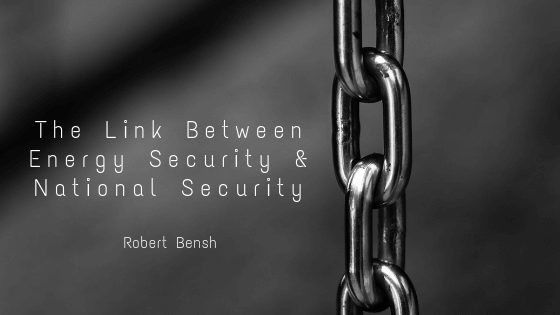National Security and Energy Security are more closely linked than ever thanks to the recent U.S. success in the oil and gas industries. Some professionals wonder if shifting supply and demand patterns in oil & gas could dramatically affect our global standing among energy-exporting countries. Specific areas of concern are as follows:
Trade Relationships
While the shale oil boom and the introduction of performance-improving technology work to improve U.S. oil standings, they also play a critical role in the global perception of our country. Previous dependence on outside energy sources served as links that strengthened our relationships with trade partners. A significant decrease in oil imports could cause these relationships to weaken as the status quo shifts away from need-based purchases. In theory, the decrease leaves room for other countries to take our place, thereby strengthening their own standing among energy-exporting countries.
Similarly, weakened trade relationships also reduce U.S. opportunities to corroborate on other matters of National Security if the need ever arises.
Revenue Impact
If the flow of revenue from the United States to energy-supplying countries significantly declines, it may directly affect the ability of those countries to meet their social and financial obligations. When combined with an increase in world oil supply thanks to innovative location and drilling techniques, oil prices have the potential to plunge. While it’s not likely at this point in time, it is possible that reduced U.S. spending (in the absence of a replacement purchaser) and increased U.S. production could serve as a negative catalyst for countries facing reduced oil revenue.
The concept is slippery-slope like in nature. A decrease in revenue creates an increase in instability which is then augmented by an inability to support political and military functions in the affected country. The trade relationship weakens as do any diplomatic or economic ties we’ve nurtured in the past. The result is a negative perception of our country which, in turn, heightens concern for national security.
Likelihood
Fortunately, the above scenarios are possible but not likely. While some impact is inevitable, empirical evidence does not support drastic changes in key international relationships as the result of a fluctuating supply and demand pattern in the energy sector. Exporting countries engage in insulating practices designed specifically to protect them from sole dependence on the oil & gas demands of a single country.
In addition, an increase in U.S. production actually bolsters national wealth, thereby increasing the funds available for national security and defense.

